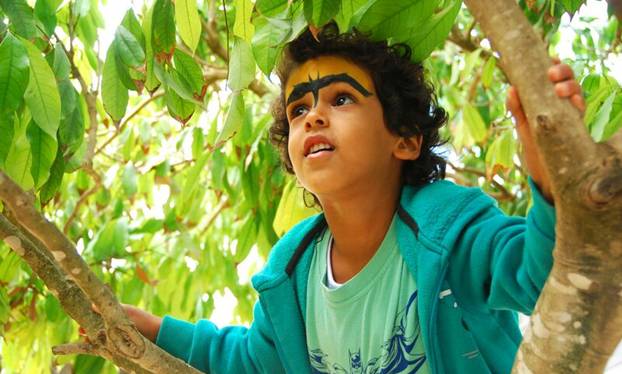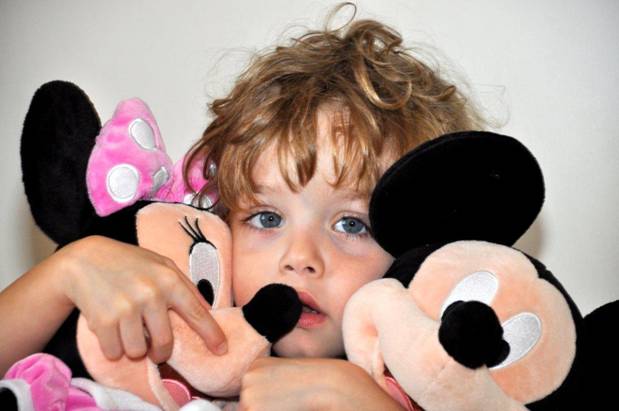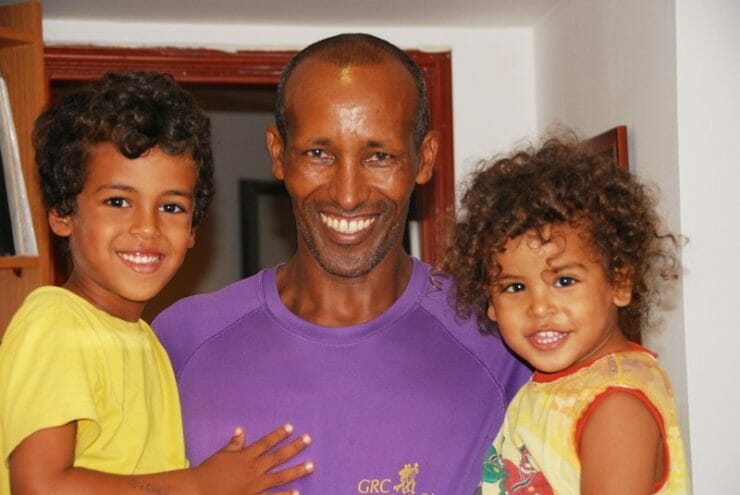
In Parenting is Teaching, not Preaching, I explained why kids resent parents who take too long to explain things and why a relationship based on lecturing your kids is not healthy and makes the kids just not listen to you.
Today, I share five tips that will make the communication and cooperation at home better for you and show you how to switch your parenting from preaching to teaching.
1. No Pink Elephants
Parents are used to telling their kids what not to do. The words “don’t”, “stop” and “no” are very common in the parenting vocabulary. Unfortunately, using them only makes the child do more of what you are trying to stop. Read Beware of Pink Elephants for more.
Rather than telling your kids what not to do, tell them what you want them to do and notice how their behavior changes dramatically.
Read How to Switch Your Parenting from Preaching to Teaching »















